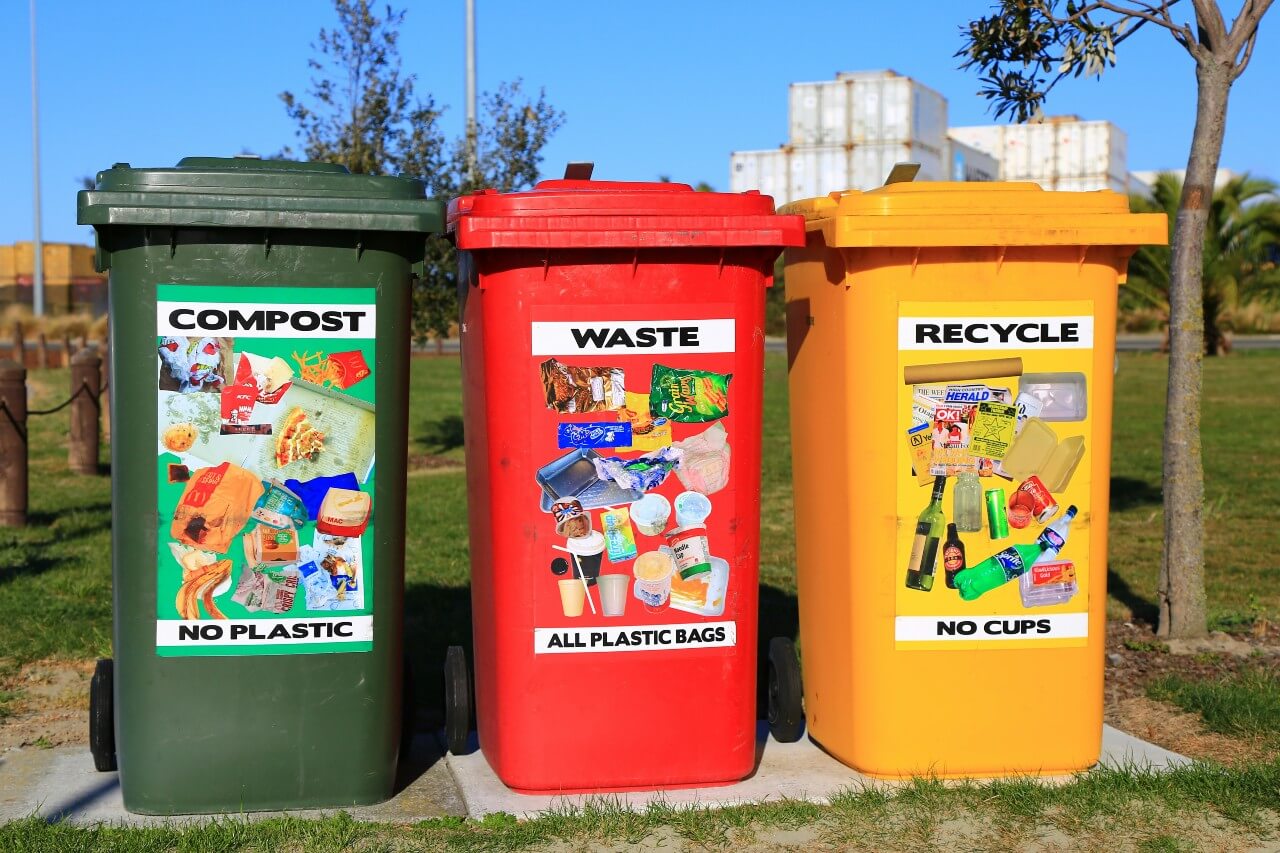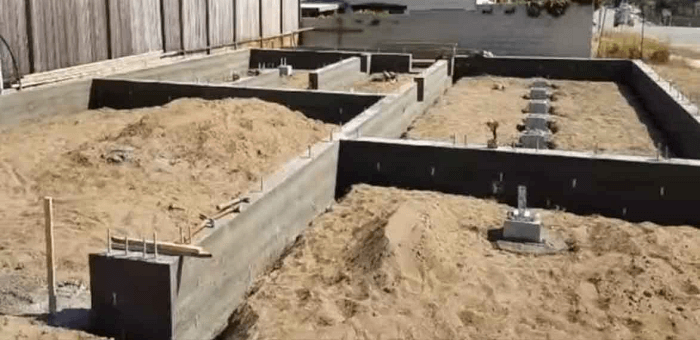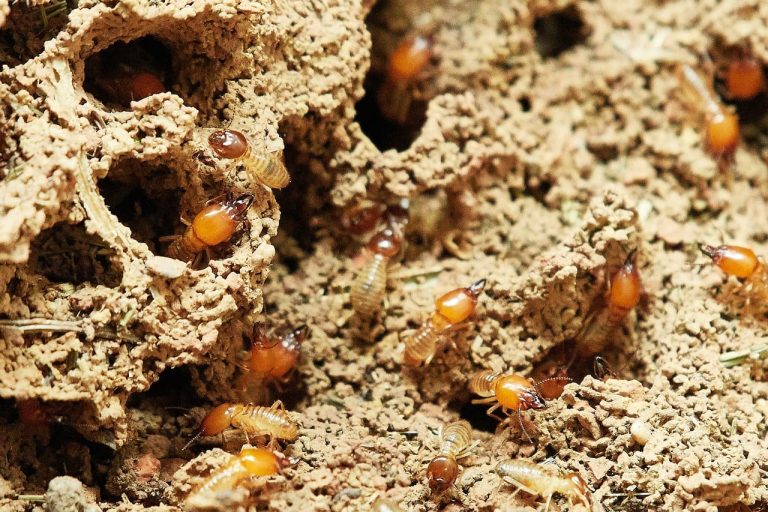Zero Waste Living: A Practical Guide for Sustainable Home Practices
The zero waste movement is becoming more popular as people realize the need to take action and make a difference in our environment. Creating a more sustainable home is not only good for the planet, but also for your wallet and overall well-being. This practical guide contains simple steps that will help you transition towards a zero-waste lifestyle and improve the sustainability of your home environment.
Ditch the Disposables
Single-use items such as plastic bags, cups, and straws are a major contributor to waste and pollution. By opting for reusable alternatives, you can significantly reduce your waste output. Some easy swaps include using cloth grocery bags instead of plastic bags, choosing a reusable water bottle and coffee cup, and utilizing cloth napkins and kitchen towels over paper towels.
Embrace Energy Efficiency
Reducing energy consumption is an essential component of sustainable living. To improve energy efficiency at home, switch to LED bulbs and turn off lights when not in use. Unplug electronics and appliances when they’re not in use or use power strips with off switches to reduce phantom power consumption. You can also hang-dry your laundry instead of using a dryer.
Another way to ensure environmental sustainability is by supporting green energy. If you live in Texas, consider looking at electric providers in Texas that promote renewable energy. Green energy not only helps reduce carbon emissions but also contributes to a healthier environment for all.
Support Sustainable Brands
When making purchases, choose to support businesses that prioritize sustainability in their products, packaging, and company practices. By supporting eco-friendly brands, you’re investing in a greener and healthier future for all.
Educate and Inspire Others
Sharing your knowledge and experiences is essential in creating a widespread positive impact. Talk to friends and family about your zero waste journey, share your tips and tricks, and demonstrate the benefits of adopting sustainable home practices with those around you.
Start Practicing Composting
Composting your organic waste not only reduces the amount of waste sent to landfills but also creates nutrient-rich soil for your garden. To get started, designate an outdoor space or purchase a countertop composter and begin collecting fruit and vegetable scraps, coffee grounds, and tea bags. Once the compost is broken down, you can use it to nourish your plants.
Minimize Food Waste
Reducing food waste is a crucial aspect of zero-waste living. To minimize waste, consider creating meal plans and shopping lists to ensure you only buy what you need. Store produce correctly to prolong its freshness, freeze leftovers, and repurpose leftovers for future meals.
Choose Package-Free or Eco-Friendly Packaging
Opting for products without packaging or with eco-friendly packaging helps reduce resource consumption and waste. When shopping, visit local farmers’ markets and bulk stores to purchase produce and dry goods without packaging. Try to choose products made from sustainable materials, such as bamboo or recycled materials. Reuse glass jars and containers for storage or repurpose them for crafting or DIY projects.
Make Your Own Personal Care and Cleaning Products
Many personal care and cleaning products can be made with simple, non-toxic ingredients found in your pantry. These homemade alternatives can help reduce plastic waste and save money. Start by trying out homemade recipes for toothpaste, deodorant, and all-purpose cleaners.
Conserve Water
Water conservation is an important part of sustainable living. To save water, install a low-flow showerhead and faucet aerator, repair leaks and drips in plumbing fixtures, and collect rainwater in barrels for use in gardening and outdoor cleaning.
Reduce, Reuse, Recycle
Adopting the ‘reduce, reuse, recycle’ mantra will help shape your zero waste journey. Focus on reducing consumption and reusing items whenever possible. If items must be discarded, ensure proper recycling by learning the recycling guidelines for your local area.
Moving towards a zero-waste lifestyle doesn’t have to be difficult. By implementing these practical steps, you and your loved ones can make a significant impact on the sustainability of your home environment. Remember, even small changes add up over time, and each action you take will bring us closer to a cleaner and healthier planet for future generations.






